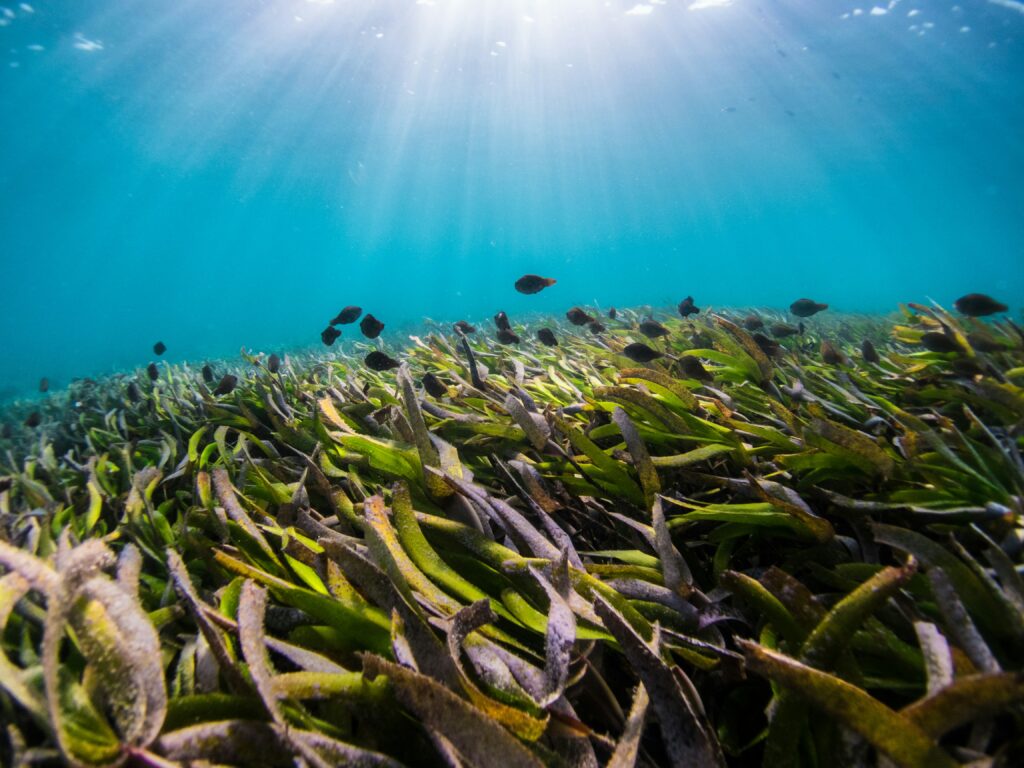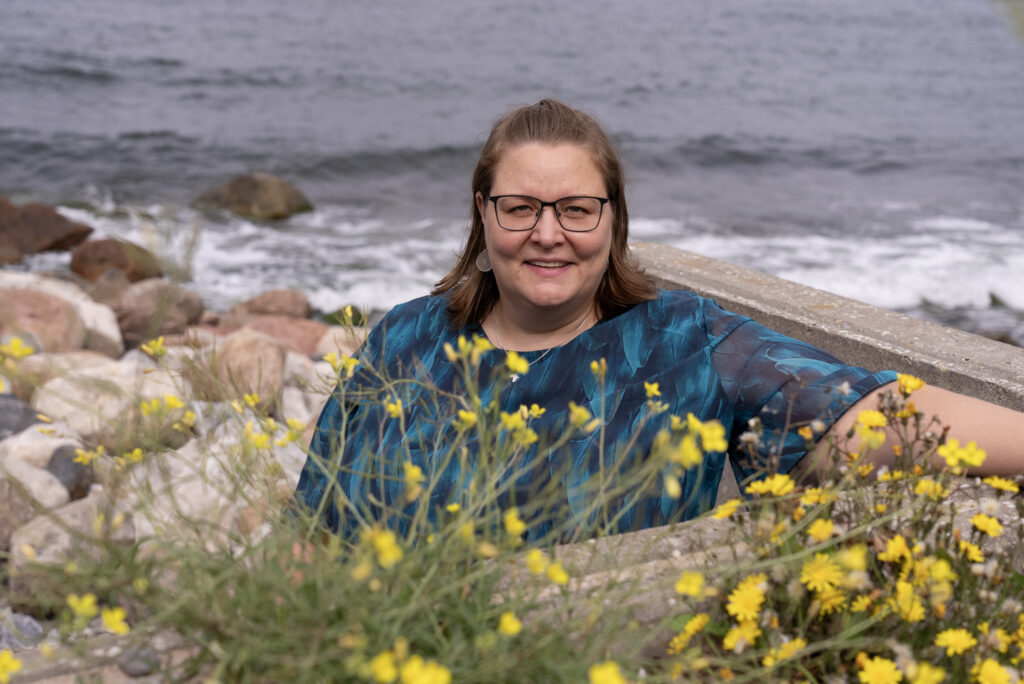European scientists have identified and published 100 crucial questions to advance seagrass conservation and restoration efforts in Europe. Their collaborative effort, supported by the Horizon 2020-funded project EuroSea and the Global Ocean Observing System (GOOS), aims to fill knowledge gaps and prioritize research to combat climate change and biodiversity loss in marine ecosystems.

Seagrasses, the prairies of the sea, play a vital role in our oceans by storing carbon in the seabed, enhancing biodiversity, filtering water, and preventing coastal erosion. Despite their ecological significance, seagrasses have faced widespread decline worldwide, prompting the need for intensified conservation and restoration efforts.
Renewed initiatives are underway to revive these meadows, contributing to the fight against the climate emergency and biodiversity crisis. However, substantial knowledge gaps hinder progress, emphasizing the necessity to fill these gaps promptly for seagrasses to effectively contribute to rebuilding marine life. The challenge lies in prioritizing urgent research questions amid limited funds.
To identify the most important questions that need to be answered to enhance the conservation and restoration of seagrass meadows across the continent of Europe, a panel was formed to provide an international perspective on the important areas for seagrass research. This novel project, led by Associate Professor Lina Mtwana Nordlund (Uppsala University, Sweden) and Associate Professor Richard Unsworth (Swansea University & Project Seagrass, UK), was supported by the Horizon 2020-funded project EuroSea in conjunction with GOOS.
Initially, the researchers gathered almost 300 questions about seagrass conservation that were submitted by seagrass experts working within universities, government bodies, industry and environmental non-governmental organisations from across Europe. The panel of 35 scientists from 18 European nations were then assembled to identify the 100 most important questions to advance seagrass research, monitoring and conservation.
These 100 questions were published in a leading journal of the New Phytologist Foundation called ‘Plants, People and Planet’. The study demonstrates how critically important these marine scientists believe the fight against climate change and biodiversity loss is within our oceans. It also highlights regional disparities in science funding, and demonstrates the need for more collaborative and interdisciplinary seagrass research efforts across the continent.

“Monitoring of seagrass ecosystems is essential to detect change, for example, degradation due to human use or improved health due to management actions. Seagrass is identified as one of the Essential Ocean Variables (EOVs), and key variables such as seagrass cover and species composition are included,” says lead author, GOOS Biology and Ecosystems Expert Panel member Lina Mtwana Nordlund. “There are many seagrass monitoring programs across Europe and beyond. If more monitoring programs were to follow the EOV standards, important seagrass data would become interoperable and comparable across the globe, which would greatly enhance our understanding of seagrass,” she adds.
The paper provides an excellent introduction to how seagrass conservation science is developing, and the significance, range and depth of research that needs to be addressed. We anticipate that the production of this set of questions will support future research and help direct funding priorities.
The published article is available here: https://nph.onlinelibrary.wiley.com/doi/10.1002/ppp3.10486
Interested in the evolving landscape of seagrass monitoring? Join the upcoming GOOS webinar “Seagrass Synergy: Collaborate for Global Observing and Understanding” with Lina Mtwana Nordlund and Emmett Duffy on March 27: https://goosocean.org/webinars/seagrass-synergy-collaborate-for-global-observing-and-understanding/
—
About GOOS:
The Global Ocean Observing System (GOOS) is the global home of ocean observing expertise and systematic coordination. We lead and support a community of international, regional and national ocean observing programmes, governments, UN agencies, research organizations and individual scientists. Our Core Team of expert panels, observing networks, alliances and projects, supported by the GOOS Office, is in touch with ocean observing and forecasting around the world. We are a programme led by the Intergovernmental Oceanographic Commission (IOC) of UNESCO, with UN and science co-sponsors: World Meteorological Organization (WMO), UN Environmental Programme (UNEP) and the International Science Council (ISC).
